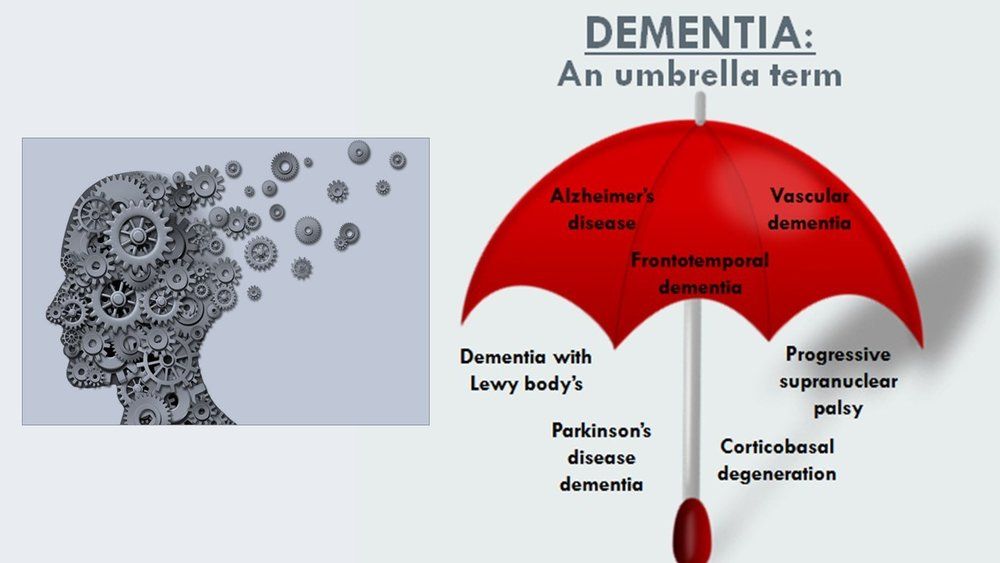Dementia
Dementia is the loss of cognitive functioning — thinking, remembering, and reasoning — to such an extent that it interferes with a person’s daily life and activities. Some people with dementia cannot control their emotions, and their personalities may change. Dementia ranges in severity from the mildest stage, when it is just beginning to affect a person’s functioning, to the most severe stage, when the person must depend completely on others for basic activities of living.Dementia is more common as people grow older (about one-third of all people age 85 or older may have some form of dementia) but it is not a normal part of aging. Many people live into their 90s and beyond without any signs of dementia. To diagnose dementia, doctors first assess whether a person has an underlying, potentially treatable, condition that may relate to cognitive difficulties. A physical exam to measure blood pressure and other vital signs, as well as laboratory tests of blood and other fluids to check levels of various chemicals, hormones, and vitamins, can help uncover or rule out possible causes of symptoms.

What are the different types of dementia?
Various disorders and factors contribute to the development of dementia. Neurodegenerative disorders result in a progressive and irreversible loss of neurons and brain functioning. Currently, there are no cures for these diseases.
The five most common forms of dementia are:
- Alzheimer’s disease: the most common dementia diagnosis among older adults. It is caused by changes in the brain, including abnormal buildups of proteins, known as amyloid plaques and tau tangles.
- Frontotemporal dementia: a rare form of dementia that tends to occur in people younger than 60. It is associated with abnormal amounts or forms of the proteins tau and TDP-43.
- Lewy body dementia: a form of dementia caused by abnormal deposits of the protein alpha-synuclein, called Lewy bodies.
- Vascular dementia: a form of dementia caused by conditions that damage blood vessels in the brain or interrupt the flow of blood and oxygen to the brain.
- Mixed dementia: a combination of two or more types of dementia.
